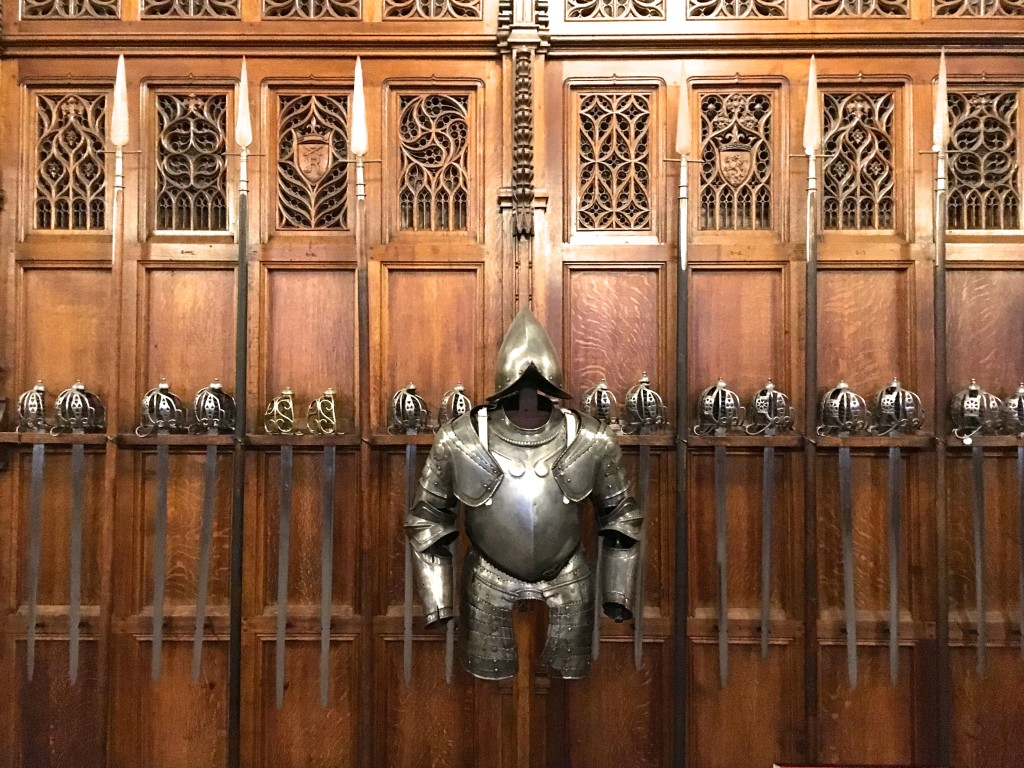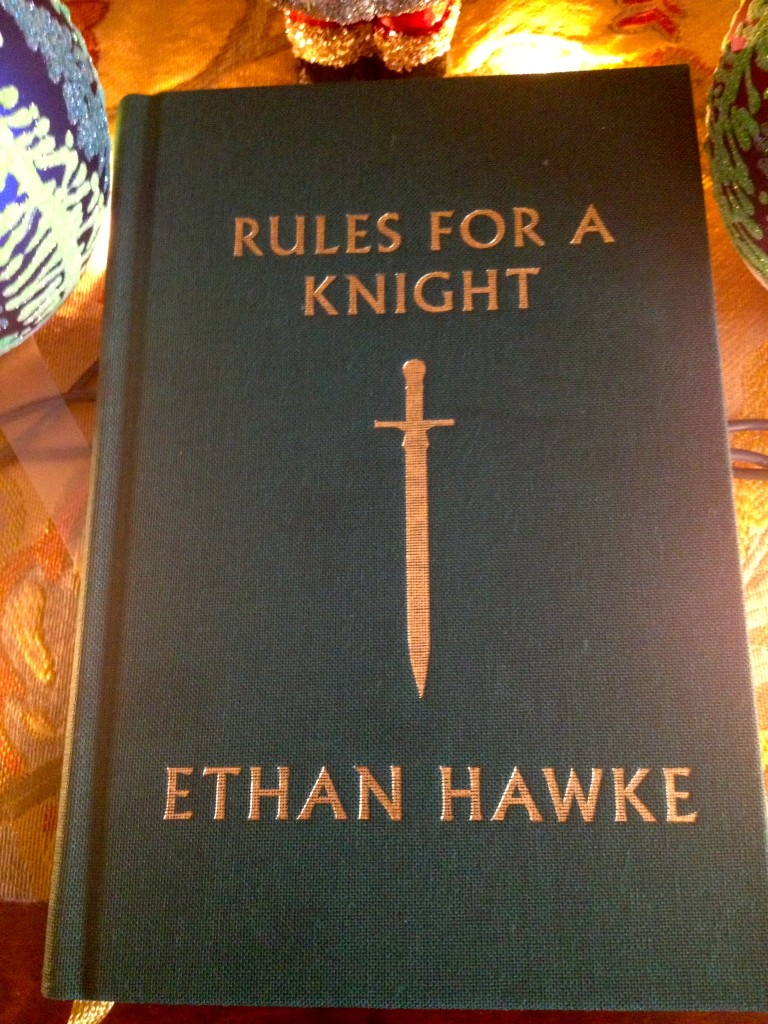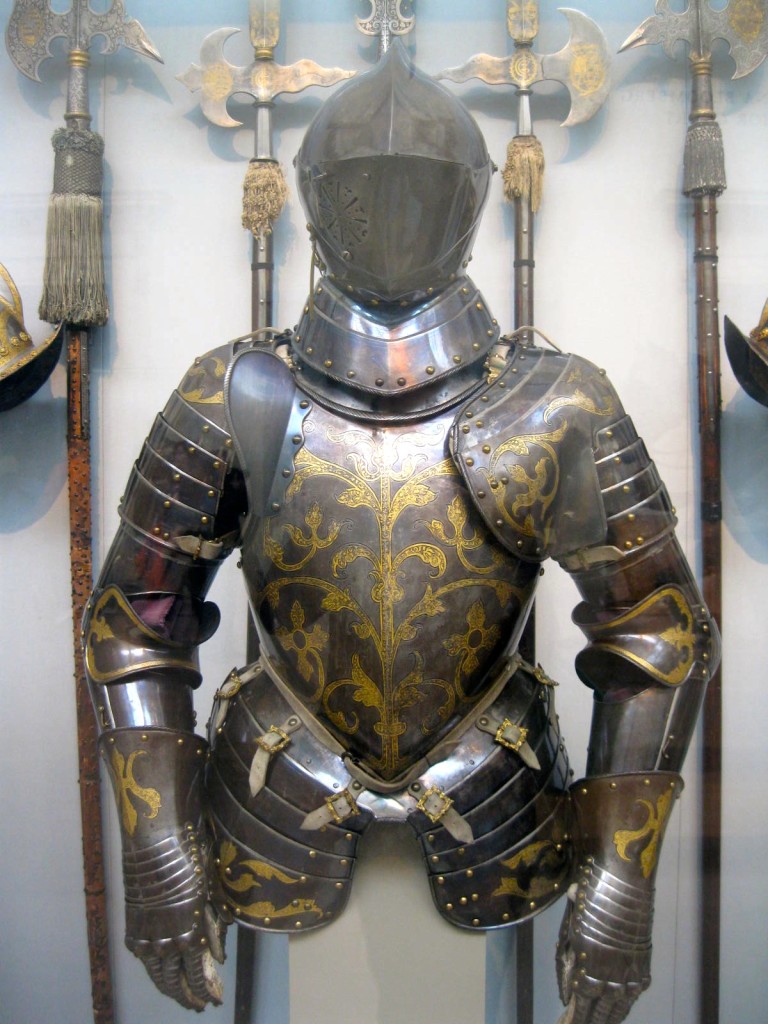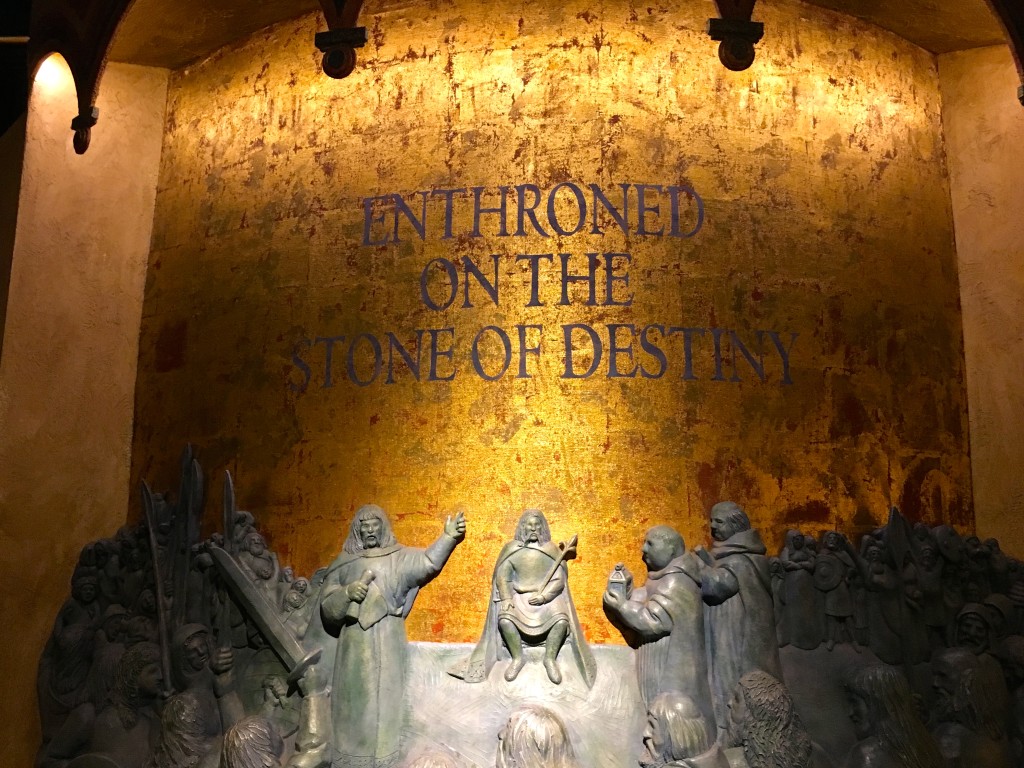 “Maybe he will make thee a Knight of His Round Table – and there is no honor in all the world that can be as great as that!” –King Arthur
“Maybe he will make thee a Knight of His Round Table – and there is no honor in all the world that can be as great as that!” –King Arthur
“For over a thousand generations, the Jedi Knights were the guardians of peace and justice in the Old Republic. Before the dark times…before the Empire.”
–Star Wars (Obi-Wan Kenobi to Luke Skywalker)
It can sometimes feel in these unsettling, turbulent and fear provoking times as though the world has grown a shade darker – particularly as the winter solstice draws near. And in dark times, it is only natural to search for a little sparkling light to guide one through the stormy seas of upheaval and distress that sometimes seems to wash over our wearied world.
Perhaps, when the world is spinning round in these “worst of times,” it would be wise to remember King Arthur and his knights in shining armor who ride into the darkness of the troubled realm, brandishing their swords and vanquishing the dark and evil forces with their chivalry.
One such “brandishing sword of light” is Ethan Hawke’s perfect little stocking-stuffer book, Rules for a Knight, a treasure for all – boy and girl, young and old – who seek a more admirable way of living.
The book tells the story of a knight who, before he goes off to battle, writes a letter to his children about how to conduct themselves in life and the world knowing that he may never return. As the publisher sums up nicely on the back cover: “He lays out the truth of the world as he sees it in a series of ruminations on solitude, humility, forgiveness, honesty, courage, grace, pride, patience, generosity, authenticity, and love. He presents an honest and joyful accounting of what the measure of our lives should be.”
 The delightful and nostalgic story begins:
The delightful and nostalgic story begins:
“My Dear Children, A dark wind murmurs secrets into my ear as I write to you this evening. Perhaps this whisper is only the deceitful voice of fear, but I must admit, I am afraid I will never see you again…If I return safely home from tomorrow’s battle, all the better, but should I not, then turn to these pages whenever you might look for my voice in guidance. I do not want you children to use my untimely death, or any setback that life may deliver, as an excuse not to take responsibility for yourselves.”
“When I was a young man I didn’t know how to live. Evenings I would carouse with my friends, fighting, drinking, and wreaking havoc all through the night hours. My mother died when she gave birth to me, and all during my teenage years I’d leaned on that tragedy as an excuse for my own destructive behavior. Sometimes in a moment of reflection, I would seek solace in the chapel, my heart swollen with remorse over the suffering I had caused myself and others. My soul felt wild, and I could not discern for what reason I had been born. This lack of purpose weighed so heavily on me that at times I felt despondent, as if I were made of lead and sinking to the bottom of the ocean. Other times my idle nature made me feel so light and insignificant, I worried I might float away. Finally, this crisis inside me rose to a deafening drum. I decided to seek out the wisest man I could find and ask him to tell me how to live.”
One might find another “brandishing sword of light” on “how to live” in the following oath from Le Morte d’Arthur: King Arthur & the Legends of the Round Table by Sir Thomas Malory, first published in 1485:
“This is the oath of a Knight of King Arther’s Round Table and should be for all of us to take to heart. I will develop my life for the greater good. I will place character above riches, and concern for others above personal wealth, I will never boast, but cherish humility instead, I will speak the truth at all times, and forever keep my word, I will defend those who cannot defend themselves, I will honor and respect women, and refute sexism in all its guises, I will uphold justice by being fair to all, I will be faithful in love and loyal in friendship, I will abhor scandals and gossip-neither partake nor delight in them, I will be generous to the poor and to those who need help, I will forgive when asked, that my own mistakes will be forgiven, I will live my life with courtesy and honor from this day forward.”
Consider, also, the Knights Code of Chivalry, as expressed in the French poem “Song of Roland”, which was written based on the Battle of Roncevaux in 778, during the reign of Charlemagne (date of composition between 1040 and 1115):
 God and maintain His Church
God and maintain His Church- To serve the liege lord in valour and faith
- To protect the weak and defenceless
- To give succour to widows and orphans
- To refrain from the wanton giving of offence
- To live by honour and for glory
- To despise pecuniary reward
- To fight for the welfare of all
- To obey those placed in authority
- To guard the honour of fellow knights
- To eschew unfairness, meanness and deceit
- To keep faith
- At all times to speak the truth
- To persevere to the end in any enterprise begun
- To respect the honour of women
- Never to refuse a challenge from an equal
- Never to turn the back upon a foe
And, as expressed by the Duke of Burgundy in the 14th Century:
- Faith
- Charity
- Justice
- Sagacity
- Prudence
- Temperance
- Resolution
- Truth
- Liberality
- Diligence
- Hope
- Valour
Please note: The above lists were taken from here.
Continue delving into all things chivalrous with:
-
Gift from the Sea
-
Social Graces: Words of Wisdom on Civility in a Changing Society
-
8,789 Words of Wisdom
-
Grit: the Power of Passion and Perseverance
-
Originals: How Non-Conformists Move the World
-
The Road to Character
-
The Shepherd’s Life
-
Napoleon: A Life
-
Life’s Journey According to Mister Rogers
-
living the aloha spirit
-
and from these military excerpts, creeds and poems
-
in addition to these quotes about the importance of planning
-
and these quotes on teaching, thinking and learning
-
finally, a personal message for college graduates
